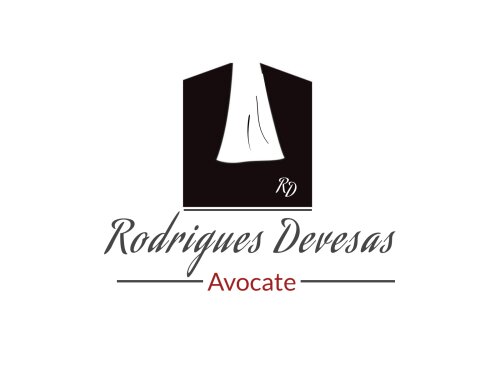Best Collaborative Law Lawyers in Nantes
Share your needs with us, get contacted by law firms.
Free. Takes 2 min.
Free Guide to Hiring a Family Lawyer
List of the best lawyers in Nantes, France
About Collaborative Law in Nantes, France
Collaborative Law is a voluntary, structured process where parties agree to resolve their disputes without going to court. In Nantes, France, Collaborative Law has become an increasingly popular approach for resolving family law issues, business disputes, and other civil matters. The process involves both parties working with specially trained lawyers to negotiate an agreement, focusing on open communication and mutual respect.
Why You May Need a Lawyer
There are many situations where seeking legal assistance in Collaborative Law can be beneficial. These include negotiating divorce settlements, resolving child custody and support issues, settling property disputes, or managing business conflicts. A lawyer can help guide negotiations, provide legal counsel, and ensure that any agreements comply with French law.
Local Laws Overview
In Nantes, Collaborative Law is recognized as an alternative to traditional litigation, especially in family law. French laws encourage parties to attempt amicable resolutions before resorting to court proceedings. Collaborative Law aligns with this approach by emphasizing cooperative negotiation and the crafting of mutually beneficial solutions outside the court process.
Frequently Asked Questions
What is Collaborative Law?
Collaborative Law is a legal approach where parties and their lawyers commit to resolving disputes amicably without going to court.
How does Collaborative Law differ from mediation?
While both approaches aim for amicable resolutions, Collaborative Law involves lawyers representing each party, whereas mediation involves a neutral third party helping facilitate discussions.
What types of cases are suitable for Collaborative Law?
Collaborative Law is suitable for divorce, child custody, business disputes, and any situation where parties seek a cooperative resolution.
Do both parties need to agree to Collaborative Law?
Yes, both parties must agree to engage in the collaborative process and be willing to negotiate in good faith.
What role does a lawyer play in Collaborative Law?
A lawyer provides legal guidance, facilitates negotiations, and helps draft agreements while ensuring compliance with the law.
What happens if we can't reach an agreement?
If parties cannot reach an agreement through Collaborative Law, they may need to pursue traditional litigation to resolve their disputes.
How long does the Collaborative Law process take?
The duration varies depending on the complexity of the case and the willingness of the parties to negotiate. It typically takes less time than litigation.
Is Collaborative Law legally binding in France?
Yes, agreements reached through Collaborative Law are legally binding once formalized and can be enforced by the courts if necessary.
Can I switch to a different dispute resolution method during the process?
Parties can end the collaborative process and pursue court action at any time, but their collaborative lawyers cannot represent them in subsequent litigation.
How do I find a lawyer specialized in Collaborative Law in Nantes?
Look for lawyers who are members of collaborative law associations or have specific training in collaborative practices.
Additional Resources
Those seeking further information and assistance with Collaborative Law in Nantes can contact local bar associations, the French Collaborative Law Association (Association Française des Praticiens du Droit Collaboratif), or legal aid societies. These organizations can provide referrals to trained lawyers and additional resources for resolving legal matters collaboratively.
Next Steps
If you decide that Collaborative Law is suitable for your situation, start by contacting a lawyer experienced in collaborative practices. They can explain the process in more detail, help you prepare for negotiations, and guide you toward a resolution. Ensure to discuss your goals and expectations clearly with your lawyer to make the most of the collaborative process.
Lawzana helps you find the best lawyers and law firms in Nantes through a curated and pre-screened list of qualified legal professionals. Our platform offers rankings and detailed profiles of attorneys and law firms, allowing you to compare based on practice areas, including Collaborative Law, experience, and client feedback.
Each profile includes a description of the firm's areas of practice, client reviews, team members and partners, year of establishment, spoken languages, office locations, contact information, social media presence, and any published articles or resources. Most firms on our platform speak English and are experienced in both local and international legal matters.
Get a quote from top-rated law firms in Nantes, France — quickly, securely, and without unnecessary hassle.
Disclaimer:
The information provided on this page is for general informational purposes only and does not constitute legal advice. While we strive to ensure the accuracy and relevance of the content, legal information may change over time, and interpretations of the law can vary. You should always consult with a qualified legal professional for advice specific to your situation.
We disclaim all liability for actions taken or not taken based on the content of this page. If you believe any information is incorrect or outdated, please contact us, and we will review and update it where appropriate.









